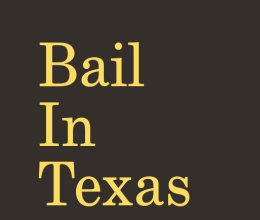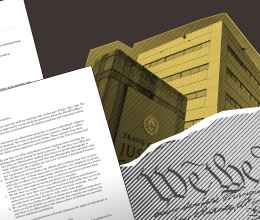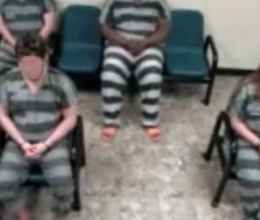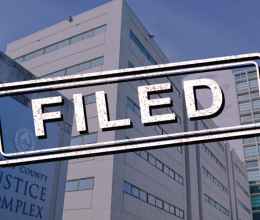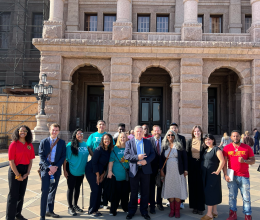
Private prisons depend on high rates of incarceration to make profits.
 Companies such as Corrections Corporation of America (CCA), GEO Group and Management and Training Corporation (MTC) have admitted that their industry risks include drug decriminalization, reductions in crime rates, immigration reform, and prison reform.
Companies such as Corrections Corporation of America (CCA), GEO Group and Management and Training Corporation (MTC) have admitted that their industry risks include drug decriminalization, reductions in crime rates, immigration reform, and prison reform.About 2/3 of private prison contracts nationwide require that their facilities maintain 80-100% occupancy, no matter the level of crime in the U.S.

Private prisons helped to draft three-strike and truth-in-sentencing laws, which have increased incarceration rates and prison populations.

Despite what they claim, private prisons may and in some cases definitely cost more money than publicly run prisons.
 Colorado, for instance, wasted $2 million in taxes when using CCA prisons instead of its own.
Colorado, for instance, wasted $2 million in taxes when using CCA prisons instead of its own.
Together, the two largest private prison companies CCA and GEO Group received a total of $3 billion in revenues in 2010. That year, each of their top executives received annual packages of over $3 million.

For-profit prisons are more dangerous than government prisons due to an incentive structure that favors cost-cutting over treating prisoners well.
 One study found that twice as many attacks take place in private as in public prisons, in addition to a higher frequency of sexual harassment by guards. At Walnut Grove Youth Correctional Facility in Mississippi, there are an average of three injuries a day due to violence.
One study found that twice as many attacks take place in private as in public prisons, in addition to a higher frequency of sexual harassment by guards. At Walnut Grove Youth Correctional Facility in Mississippi, there are an average of three injuries a day due to violence.The federal government is increasing its use of private prisons to lock up people for immigration related offenses.
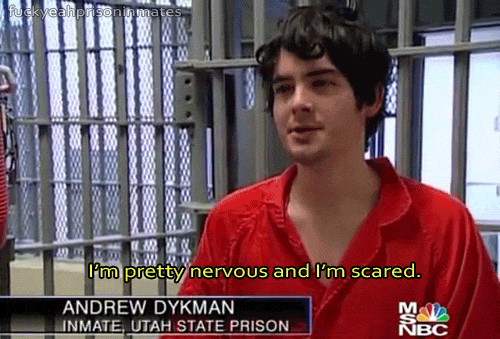 Most of these 400,000 prisoners a year are placed in private Criminal Alien Requirement (CAR) prisons, where they have inadequate medical care, facilities, work opportunities, and rights.
Most of these 400,000 prisoners a year are placed in private Criminal Alien Requirement (CAR) prisons, where they have inadequate medical care, facilities, work opportunities, and rights.CAR prisons use isolation at double the rate of government prisons because of cramped, over-flooded jails and contracts that require 10% of the population to be in isolation.
Prisoners are put in isolation for complaining about the food, writing petitions, not “speaking English in America,” or just no reason at all.
Private CAR prisons have huge medical shortages – sometimes there is only one doctor for 2000 people.
 It is also not unheard of for a prisoner to die because of a prison’s inability or refusal to offer timely medical treatment. Such conditions prompted a recent riot at Willacy County Correctional Center.
It is also not unheard of for a prisoner to die because of a prison’s inability or refusal to offer timely medical treatment. Such conditions prompted a recent riot at Willacy County Correctional Center.Private prisons spend huge sums lobbying public officials for favorable legislation.
 In just one example, CCA spent over $18 million on federal lobbying between 1999 and 2009, hiring 199 lobbyists in 32 states.
In just one example, CCA spent over $18 million on federal lobbying between 1999 and 2009, hiring 199 lobbyists in 32 states.
